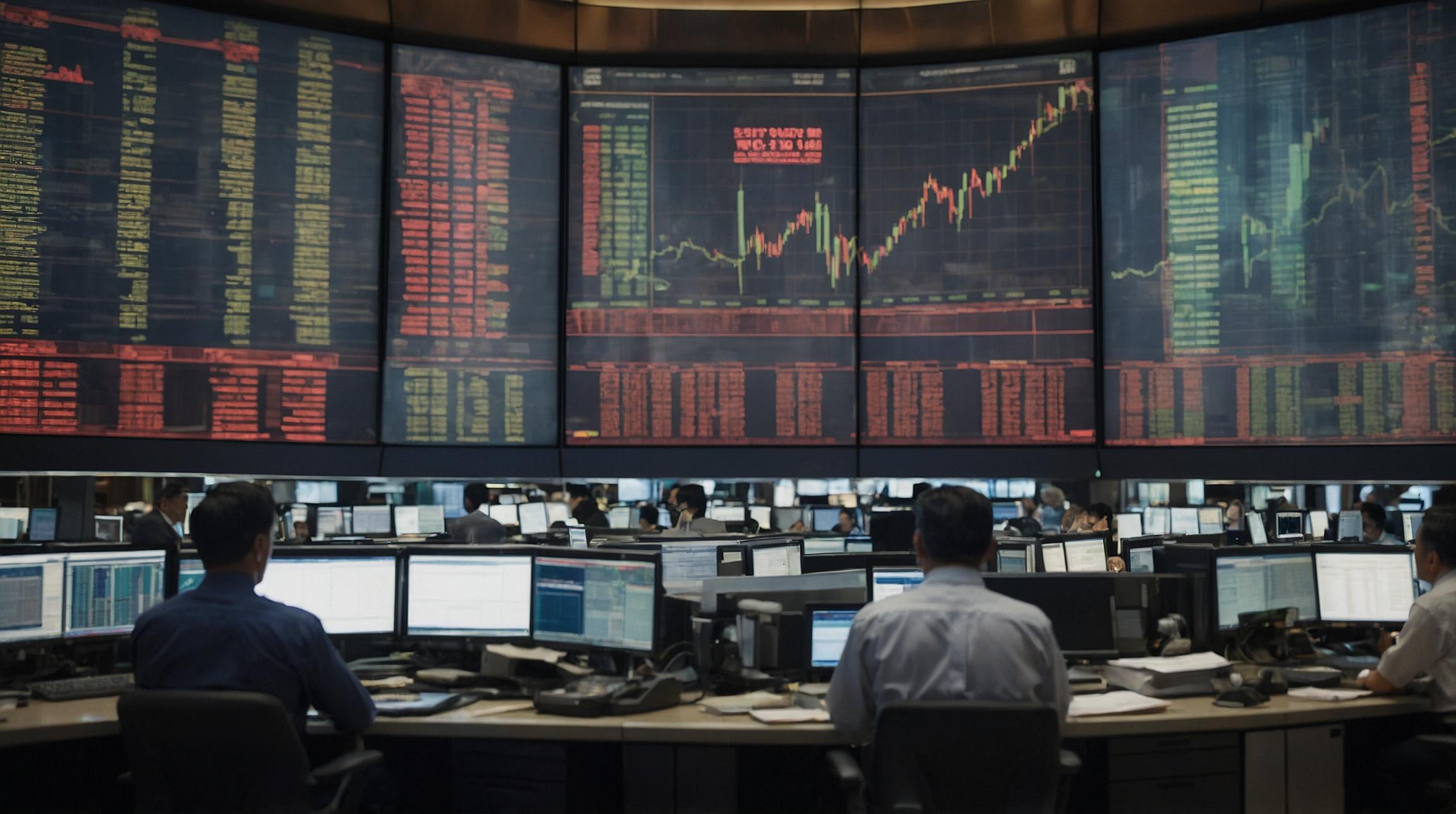Why August is One of the Most Dangerous Months in the Financial Calendar
August, often perceived as a quiet month due to summer vacations and reduced market activity, surprisingly holds a reputation for being one of the most volatile periods in the financial calendar. This article explores why August consistently emerges as a high-risk month in global finance and what investors should watch out for.
Market Volatility in August
One key indicator of financial market volatility is the VIX index, often referred to as Wall Street’s Fear Index. According to Henry Allen, a macro strategist at Deutsche Bank, there is an average spike in this index during the July to September period, making it a particularly precarious time for investors. This increased volatility can lead to sudden and severe market downturns.
Historical Crises in August
History provides several examples of significant financial crises occurring in August. For instance, in August 1990, Iraq’s invasion of Kuwait led to a sharp increase in oil prices, contributing to economic downturns in many Western nations. Similarly, in August 1998, Russia defaulted on its overseas debt, and the collapse of Long Term Capital Management necessitated a bailout organized by the US Federal Reserve.
In more recent history, the financial crisis of 2007 was marked by BNP Paribas closing three of its hedge funds due to losses on sub-prime US mortgages. This event highlighted the risky bets banks were making on the US housing market, which eventually led to the global financial crisis of 2008.
Banks and Economic Strain
In August 2008, the global financial system showed signs of severe strain. Discussions about interest rate hikes by the Bank of England in response to rising inflation were overshadowed by the larger issues within the financial system. The bankruptcy of Lehman Brothers in September 2008, which occurred just after August, marked a pivotal point in the crisis.
The UK’s August Anxieties
The UK, in particular, has experienced several financial anxieties during August, often preluding devaluation of the pound. Historical examples include the events leading up to Black Wednesday in 1992, where the UK struggled to maintain the pound within the European Exchange Rate Mechanism.
Lessons for Modern Investors
For investors today, August serves as a reminder to maintain vigilance despite typically lower trading volumes. The frequency of past crises during this month suggests that it is prudent to stay informed and prepared for potential market disruptions. It is advisable to have a diversified investment strategy and consider the use of financial instruments such as options for hedging against potential downturns.
By understanding the historical trends and maintaining a proactive approach to financial planning, investors can better navigate the challenges that August may present.













